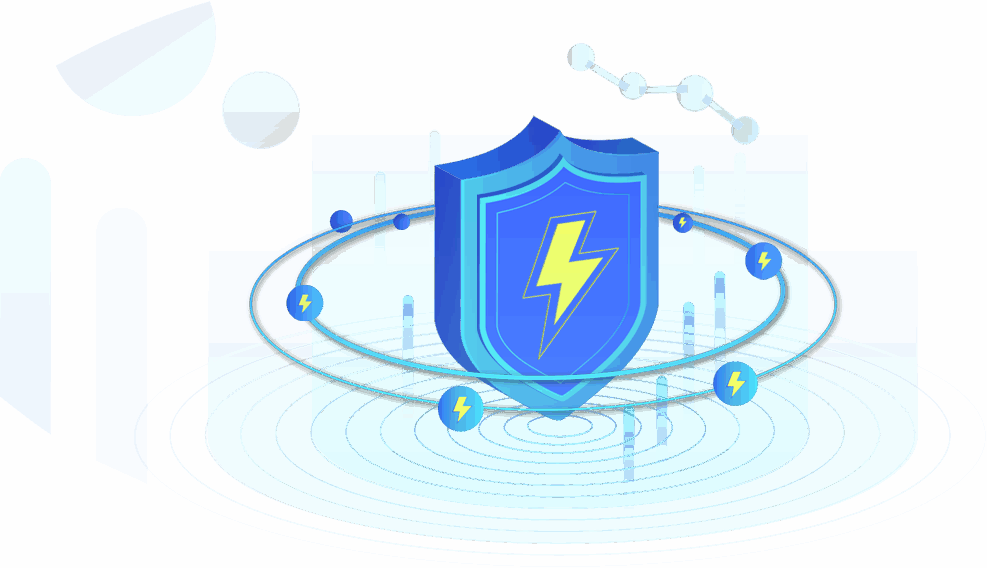
Data Security

Physical Security
We protect your information, identity, applications and devices, meeting core security and compliance requirements. These facilities can provide carrier-level support with gigabit, high-capacity, multi-channel broadband access. 7*24 hours monitoring eliminates security risks, pupil scanning access control system, video surveillance covering the entire facility and surrounding areas; facilities equipped with shockproof, windproof, fireproof and flood protection; real-time humidity and temperature control; redundant (N+1) cooling system; redundant (N+1) CPS/UPS system; redundant power distribution unit (PDU); dual alarm, dual interlock, multi-zone and warning dry powder, sprinkler system.

Access Control
The physical firewall and edge routers around the professional IDC block unused protocols; the internal double firewall isolates communications between applications and the database layer; real-time intrusion detection sensors are distributed throughout the internal network, reporting events to the security event management system; and third-party service providers scan the network from the outside in real time, sending alerts as soon as changes to the baseline configuration are detected.

Data Backup
Each data center adopts incremental backup and full backup in turn to back up all data to tape, and the backup is cloned to a secure tape archive file through a secure link. Each data center performs real-time replication to disk and near real-time data replication between the production data center and the disaster recovery center. Data is transmitted over an encrypted link. The highest level of offsite disaster recovery backups, multiple hardware guarantees, disaster recovery mechanisms, and multiple permissions encryption to prevent manual deletion.

Data Protection
The information security department is responsible for monitoring notifications sent from various channels and alarms sent by the internal system to detect threats in a timely manner and take corresponding management measures.
The connection of the CloudCC environment uses the SSL CA digital certificate from the global GeoTrust professional authority, implemented via SSL 3.0/TLS 1.0, and the connection adopts 256-bit encryption technology. The connection is encrypted using AES_256_CBC, while using SHA1 for information authentication and DHE_RSA as the key exchange mechanism. This ensures that users can securely connect to our service and use it through their browsers.
The information security department is responsible for monitoring notifications sent from various channels and alarms sent by the internal system to detect threats in a timely manner and take corresponding management measures.
The connection of the CloudCC environment uses the SSL CA digital certificate from the global GeoTrust professional authority, implemented via SSL 3.0/TLS 1.0, and the connection adopts 256-bit encryption technology. The connection is encrypted using AES_256_CBC, while using SHA1 for information authentication and DHE_RSA as the key exchange mechanism. This ensures that users can securely connect to our service and use it through their browsers.

Legal Protection
Paying users will sign a data confidentiality agreement with CloudCC to protect your data legally.

Security Certification
CloudCC Inc. has passed the security tests of many professional organizations around the world. In 2013, it passed the security tests of NESSUS in the United Kingdom and ACUNETIX in the United States. The advanced anti-intrusion detection and defense system effectively prevents hackers, with the highest-level bank and financial institution encryption technology, meticulous security measures and audit mechanisms.

American ACUNETIX Network Security Certification Authority

British NESSUS Security Certification Agency









